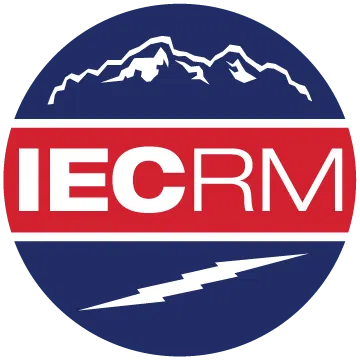What Is the Difference Between a Commercial Electrician and a Residential Electrician?

Do you know the difference between a commercial electrician and a residential electrician? While both professions involve working with electrical systems, there are distinct differences in their areas of expertise, their responsibilities, skill sets, and the environments in which they operate.
The field of electrical work offers a wide range of opportunities, and one organization that provides comprehensive training for aspiring electricians is IEC Rocky Mountain. With their program, individuals can gain the necessary knowledge and skills to excel in the industry. Before embarking on this career path, let’s delve into the differences between commercial and residential electricians to help you determine which path is the right fit for you, shedding light on the unique aspects of each specialization.
What Is a Residential Electrician?
As their name implies, residential electricians are focused on electric work in homes, apartments, and other residential buildings. Even within this area, there are plenty of options to choose from.
When working primarily in the construction of residential homes, electricians will be focused mainly on installing wiring and other electrical equipment. These electricians will implement the electrical system outlined by the construction plans and ensure it’s up to code. To do this, they may work with the architect, a general contractor, an electrical supervisor, or all of the above.
Those that go into repair work will go into existing residences, where they will diagnose and repair problems. They may also find themselves installing lighting fixtures, ceiling fans, or other electrical equipment. These electricians work closely with homeowners to understand their needs and help them find a solution that meets those needs safely. They then implement that solution, taking care to abide by all local building regulations.
What Is a Commercial Electrician?
On the other hand, commercial electricians spend their time in commercial properties. This includes office buildings, retail spaces, industrial facilities, and more. They also have many different skill sets for their specific work type.
New construction also occurs in the commercial space, which means commercial electricians can also focus on this area of the field. Similar to a residential electrician working in new construction, they’ll work with various construction team members to get the building wired safely.
Commercial electricians can also focus on maintenance and repair in commercial settings. Here, the job is similar to that of a residential electrician but can get more complex. Commercial buildings have larger and more complicated electrical systems. The occupants of those buildings also have more complex equipment and machinery they’ll need help installing or repairing.
Businesses frequently update their infrastructure to meet the latest technological demands. Commercial electricians may spend a lot of their time implementing the electrical upgrades required to make that happen.
Differences Between Residential and Commercial Electricians
With definitions and a basic description of each job aside, let’s take a closer look at how these two fields of electrical work compare and contrast with one another. While the work is similar, the specifics will help you make a choice between working as a residential vs. commercial electrician.
Training and Certification
Residential and commercial electricians will require the same foundational training. However, commercial spaces are more complex, so commercial electricians often undergo extensive training. Because of the strict requirements of certain commercial spaces or government buildings, those working in those areas may also require special certifications.
Project Scale and Complexity
Residential buildings have smaller electrical systems and operate at lower voltages. As the buildings grow larger, the electrical systems grow more complex. Many commercial buildings also have much higher voltage requirements to handle the nature of their work. Residential and commercial electricians, therefore, have different demands placed upon them in terms of job complexity.
Types of Electrical Systems
The relatively low complexity of residential systems means that electricians in those buildings primarily work with single-phase electrical systems. Commercial buildings demand higher loads and efficient power distribution across large areas. Electricians working in those areas often work with three-phase electrical systems.
Get Your Career Started Right
IEC Rocky Mountain features the largest electrical apprenticeship program in the United States. Whether you want to be a residential electrical contractor or a commercial electrician, our training programs can get you started quickly. You can learn as you work, so you’ll benefit from top-notch instructors and the experience of a master electrician providing on-the-job training.
Contact us to find out more.
IECRM © 2023
